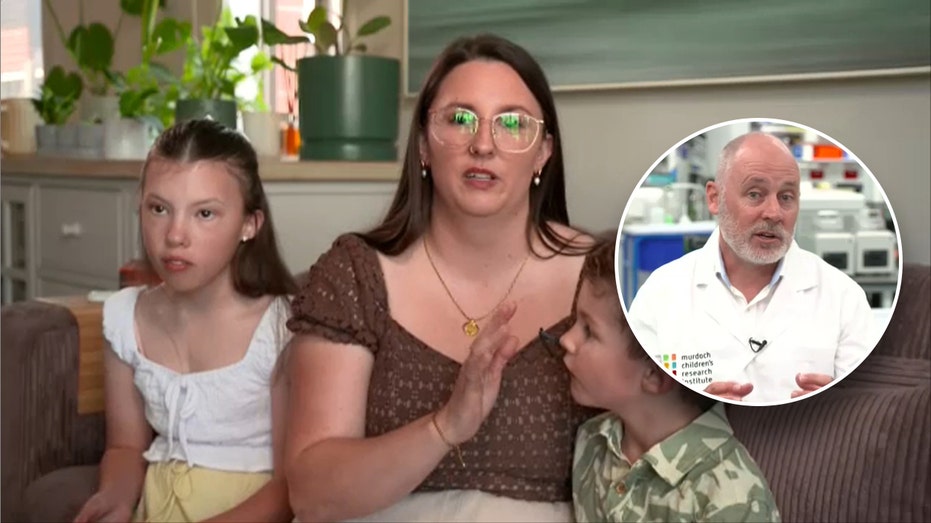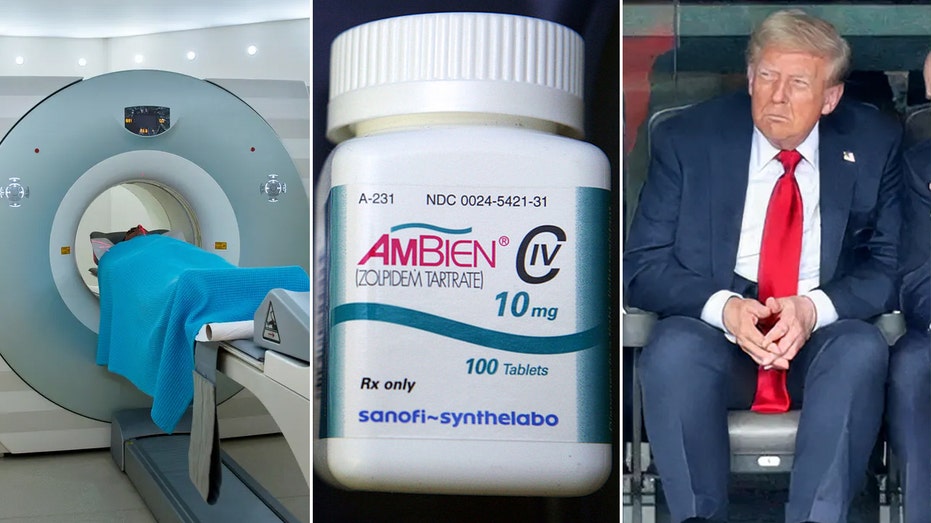International Effort Aims to Transform Pediatric Heart Disease Treatment

Sarah Johnson
March 9, 2025
Brief
Murdoch Children's Research Institute and Gladstone Institutes are using stem cell medicine and AI to develop precision therapies for pediatric heart disease, aiming to prevent transplants and improve children's lives.
In a groundbreaking collaboration, Australia's Murdoch Children's Research Institute (MCRI) is leveraging stem cell medicine and artificial intelligence to develop precision therapies for pediatric heart disease — a heartbreaking condition that remains the leading cause of death and disability in children.
Globally, around 260,000 children lose their lives to heart disease annually. In the U.S. alone, a child is born with a heart defect every 15 minutes. These sobering statistics have propelled researchers into action.
"We're really interested in understanding how kids develop heart disease and where we can intervene to stop it from progressing," said David Elliott, leader of the MCRI Heart Disease Group.
The institute, founded with the help of Dame Elisabeth Murdoch, mother of Fox News founder Rupert Murdoch, is working alongside San Francisco’s Gladstone Institutes on an ambitious initiative called the Decoding Broken Hearts Program.
Amelia and Elijah Mallinson, siblings from Melbourne, are among the children who could benefit from this research. Both have a genetic heart condition. Their mother, Ebony Mallinson, recounted a terrifying episode when Amelia, then two years old, was rushed to the emergency room. "She woke up swollen, and we thought she was just sleepy. But it turned out she was in and out of consciousness," Mallinson said.
Doctors discovered Amelia's enlarged heart and diagnosed her with heart failure. After waiting nearly a year for a heart transplant, she now leads a mostly normal life. Her brother Elijah's condition was detected during a precautionary checkup, much to the family’s shock. Thankfully, he has remained stable and hasn’t yet required treatment.
The ultimate goal of the Decoding Broken Hearts Program is to prevent children like Elijah from ever needing transplants. "For many, the disease could be life-altering if we can correct the problem in-utero," Elliott explained. "Those with severe heart disease often face three surgeries before the age of five. It’s incredibly draining for families, and we aim to give these children a much better quality of life."
MCRI is part of the Royal Children’s Hospital, which treats approximately 700 heart conditions annually. Every case becomes part of the Decoding Broken Hearts program, where cutting-edge technology is being used to find solutions. Researchers extract a small sample of a child’s blood to create heart cells in the lab. These lab-grown cells serve as replicas of the child’s actual heart cells, allowing scientists to test treatments in a controlled environment.
With the help of Gladstone Institutes, artificial intelligence is adding another layer of innovation. "AI enables us to run millions of experiments in a virtual environment before testing them in real cells," Elliott said. "This precision allows us to identify the best intervention points to potentially cure the disease."
Amelia and Elijah have even participated in studies to advance treatments for conditions like theirs. "If it helps even one family, it’s worth it," their mother said. "The researchers and hospital staff make an enormous difference—not just for the kids, but for their families as well."
Through efforts like these, the future looks brighter for children facing heart disease. It’s a testament to what’s possible when science, technology, and humanity come together.
Topics
Editor's Comments
Creating lab-grown heart cells from a child’s blood is nothing short of sci-fi-meets-medicine brilliance. If AI can help scientists preemptively tackle diseases like this, maybe the future isn’t as bleak as some dystopian movies make it out to be.
Like this article? Share it with your friends!
If you find this article interesting, feel free to share it with your friends!
Thank you for your support! Sharing is the greatest encouragement for us.



